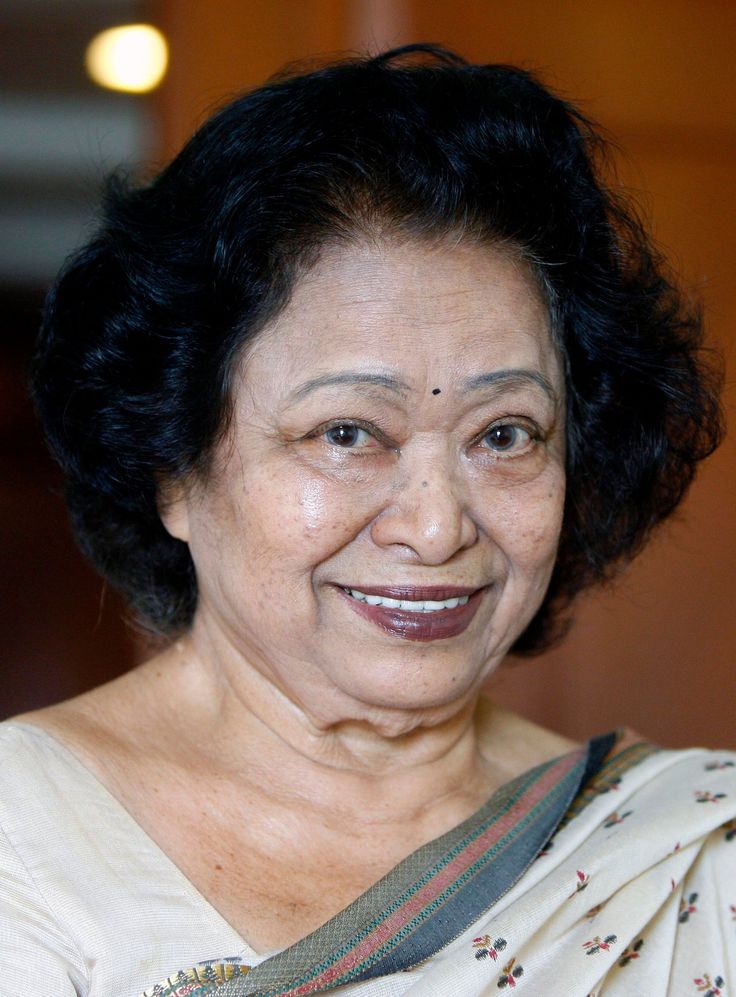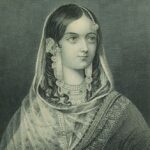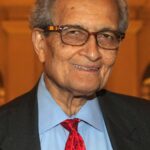Shakuntala Devi: The Human Computer and Her Extraordinary Life
Shakuntala Devi, known as the “Human Computer,” was an Indian woman who gained worldwide recognition for her exceptional mathematical abilities. Born on November 4, 1929, in Bangalore, India, Shakuntala Devi’s life and career were filled with remarkable achievements that showcased her extraordinary talent and mind. Let’s explore the life, legacy, and importance of this incredible woman, who proved that mathematics isn’t just about numbers but about creativity, precision, and passion.
Early Life and Discovery of Her Talent
Shakuntala Devi was born to a humble family, and from an early age, it became apparent that she had an extraordinary talent for numbers. Her father, a circus performer, was the one who recognized her aptitude for math when she was just a child. At the age of three, she was able to solve simple mathematical problems, which stunned her parents. By the age of five, she was performing complex arithmetic calculations in her head faster than many adults could on paper.
Her abilities were discovered by a teacher at her school who was amazed by her ability to calculate numbers beyond her age. From that point on, Shakuntala Devi’s life changed, and her talent for mental calculations was put to the test in public demonstrations and performances.
Rise to Fame: The Human Computer
Shakuntala Devi’s incredible mental calculation skills earned her a place in the Guinness Book of World Records in 1982. During one of her many public demonstrations, she correctly multiplied two 13-digit numbers in just 28 seconds. This extraordinary feat earned her worldwide fame and solidified her status as the “Human Computer.” Her abilities went beyond the realm of simple arithmetic, and she could perform complex operations with large numbers almost instantaneously. She was able to calculate the cube root of a 7-digit number in just a few seconds and perform multiplications, divisions, and square roots at lightning speed.
Her ability to solve problems without the aid of a calculator or computer was a testament to her exceptional mind, and she amazed audiences across the globe with her skills. From schools to universities to international conferences, Shakuntala Devi performed her mental feats for audiences around the world, inspiring many with her brilliance.
Contributions to Mathematics and Education
While Shakuntala Devi was best known for her amazing feats of mental calculation, she also made important contributions to mathematics. She was deeply passionate about mathematics and wanted to make the subject more accessible and enjoyable for students. In addition to performing demonstrations, she authored several books, including a book on mathematics for children, and was dedicated to showing how math could be fun and engaging.
Her most famous book, “Figuring: The Joy of Numbers,” was published in 1982 and became a hit among math enthusiasts and students. In this book, she described how she used mental techniques to solve complex mathematical problems, making it an insightful guide for learners.
Moreover, Shakuntala Devi also delved into areas of human psychology, astrology, and puzzles, with works like “Astrology for You” and “The World of Homosexuals,” showcasing her versatility beyond mathematics.
Shakuntala Devi’s Legacy
Though Shakuntala Devi’s most significant contribution was in the field of mathematics, her legacy extends beyond just numbers. She was a trailblazer for women in science and mathematics, particularly in a time when women’s participation in such fields was limited. Her ability to challenge norms and break barriers made her an inspiration for countless women and young girls who aspired to pursue careers in science, mathematics, and technology.
Shakuntala Devi’s work was not just about her skills but also about the message she sent: that talent can come from anywhere and anyone. Despite coming from a relatively humble background and facing societal limitations as a woman, she proved that extraordinary abilities can emerge in unexpected places. She empowered others to pursue their interests, explore their potential, and challenge the boundaries set by society.
FAQs About Shakuntala Devi
1. How did Shakuntala Devi perform her mental calculations so quickly?
Shakuntala Devi developed her own techniques and tricks for solving mathematical problems. She practiced intensively and developed strategies for memorizing large numbers, performing operations mentally, and breaking problems into manageable parts. Her ability to think abstractly and visualize numbers helped her achieve lightning-fast calculations.
2. What other books did Shakuntala Devi write?
In addition to “Figuring: The Joy of Numbers,” Shakuntala Devi authored “The World of Homosexuals,” which was the first book of its kind to address homosexuality in India, and “Astrology for You,” a book about astrology. Her works often bridged different fields, showing her diverse interests and intellectual curiosity.
3. Why is Shakuntala Devi considered an inspiration?
Shakuntala Devi is an inspiration because she overcame societal limitations and carved out a path for herself in a male-dominated field. She was an example of how passion, perseverance, and dedication to one’s craft can lead to global recognition. Her legacy is not just in her mathematical feats but in her ability to encourage others to pursue their dreams and challenge norms.
4. How did Shakuntala Devi impact the world of mathematics?
Shakuntala Devi’s contribution to mathematics wasn’t about groundbreaking theories, but her demonstrations showcased the beauty of numbers and their power. She made mathematics exciting and accessible, helping others see math as a subject filled with wonder and creativity.
Conclusion
Shakuntala Devi’s life serves as a powerful reminder of the boundless potential of the human mind. Her extraordinary mathematical feats, along with her commitment to education and breaking barriers, make her a true icon. She demonstrated that talent, hard work, and creativity can transcend conventional limits, and her contributions continue to inspire mathematicians, scientists, and students around the world. As the “Human Computer,” Shakuntala Devi not only amazed the world with her mind but also left behind a lasting legacy in the fields of mathematics, education, and empowerment.










